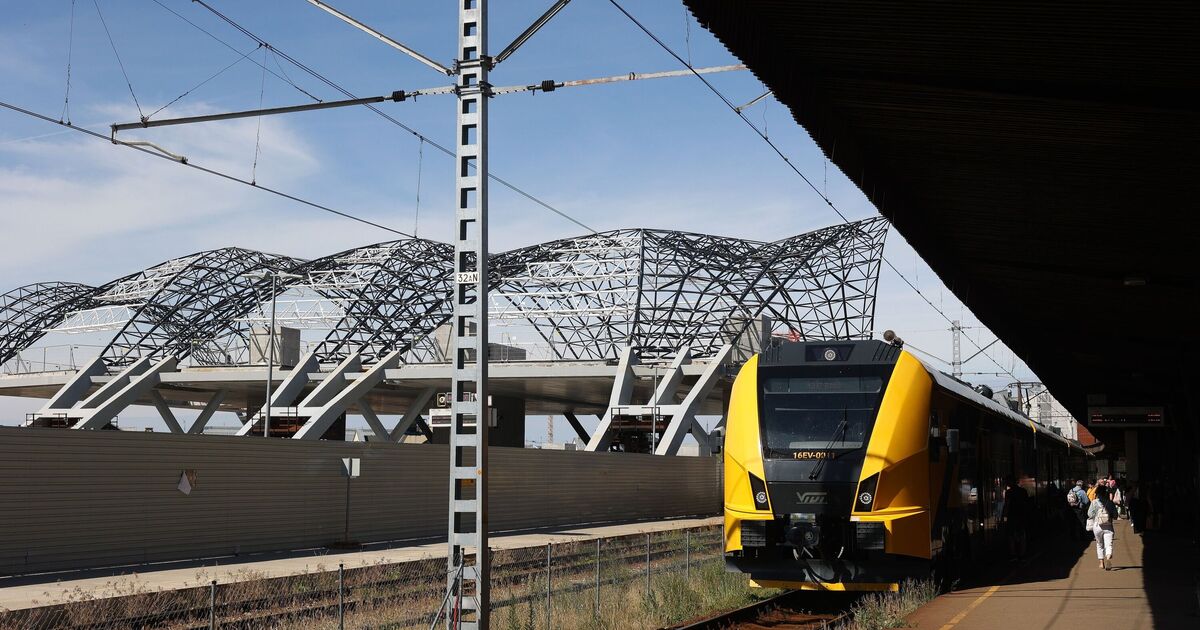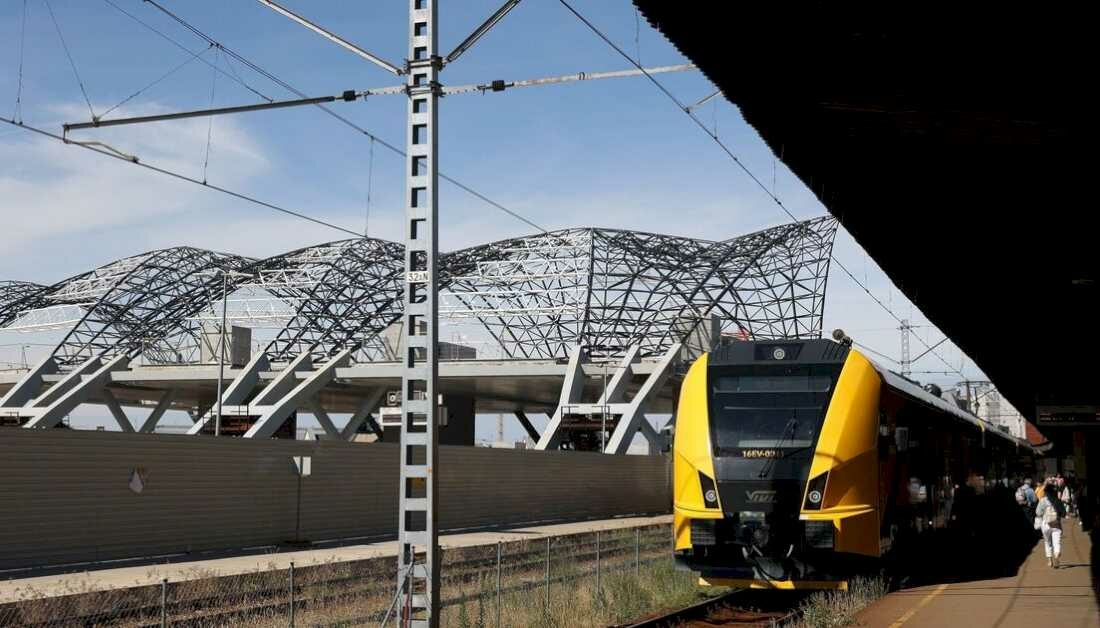
A vast infrastructure project plans to link four European nations by the end of the decade. Rail Baltica, a 540-mile-long fully electrified continuous rail link, will see a new connection between the Estonian capital Tallinn, and the capital of Poland, Warsaw. The line will also connect with the Latvian capital, Riga, and Kaunas, Lithuania‘s second-largest city, and will also have two branches extending from the main line to Riga International Airport and the Lithuanian capital, Vilnius.
The new network, which is funded by the EU as well as the Baltic states, was originally planned to open in 2025 but has been hit by delays and funding troubles which saw the launch pushed back to 2030. There isn’t a direct link through the Baltics to Poland, and the new line promises shorter travel times and an economic boost.
The high-speed trains, which travel at 155mph are expected to reduce the journey time from Tallinn to Vilnius from at least 12 hours to under four, as per BBC News.
But it’s proven far more costly than had been anticipated. The state auditors of the three Baltic nations warned in June that
the total budget had increased fourfold between 2017 and 2023, pushing the total budget of the project to €24.8bn (around £28.7billion) from the €5.8bn (£4.8billion) estimate in 2017, Lithuanian news outlet LRT reports.
The first phase, establishing an operational Rail Baltica line across the Baltic states connecting to Poland by 2030, is estimated to cost 15.3 billion euros (around £12.8billion) alone, according to RB’s website.
According to the BBC, this phase will see a single rather than double track laid with focus on the most important train stops on the network.
The second phase would bring a second track and additional train stations. Depending on future funding, it will also complete the line’s full integration into Europe’s rail network.
The Baltic states have a rail system that dates back to Soviet times, meaning they still using Russian track width which is incompatible with other European lines.
Proponents of the project say the economic benefits will more than make up for the outlay.
Rail Baltica says on its website, citing Cost-Benefit Analysis (2024), that the direct and induced economic benefits of the project are expected to surpass costs and amount in total to 48 billion euros (£40.1billion) for the Baltic states.
Officials also believe the enhanced connectivity will be crucial given the threat of Putin’s Russia to neighbouring states following the invasion of Ukraine in February 2022, BBC News reports.
In February 2025, RB Rail said in a press release that main line works were underway in all three Baltic countries, as per Ground Engineering.
RB Rail interim CEO and management board chairman, Marko Kivila, said at the time: “Geopolitical shifts have fundamentally changed how the project is viewed – Rail Baltica is now critical for Nato’s military mobility, increasing its strategic importance.
“Therefore, we move forward into 2025 with new determination and a clear focus on our most important task – to deliver Rail Baltica. The railway line is no longer a vision – it is becoming a reality as we enter the large-scale construction phase.”

